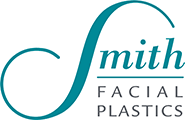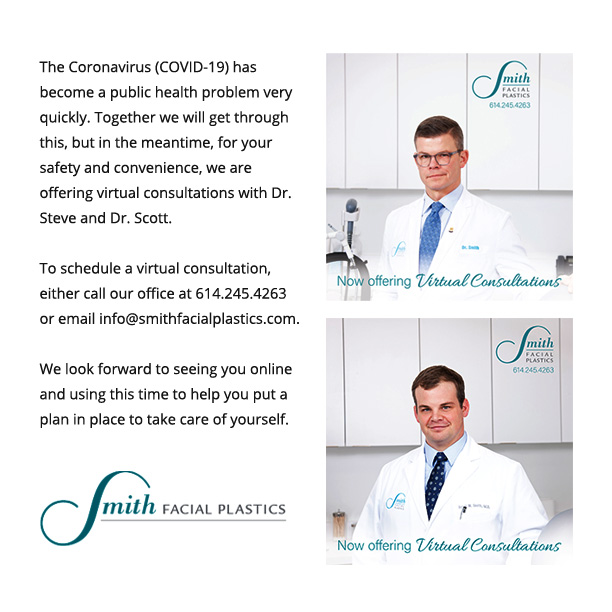Wearing Makeup After Eyelid Surgery
Your eyes have started to give away your age, so you decided to have eyelid surgery to make them look more youthful and to reduce any puffiness, wrinkles or other signs of aging in the area. While you might be aware that you’ll need to take it easy for a week or two after your surgery, one question that might be on your mind is when can you start wearing makeup again?
After eyelid surgery, you might want to wear makeup to cover any bruising from the procedure or to show off your newly youthful eyes. It’s important that you check in with your surgeon before applying concealer or mascara. Using cosmetics before your eye area has sufficiently healed can cause a number of problems.
Possible Problems
In general, it’s best to wait for your incisions to heal before you break out the eyeshadow, liner or mascara again. Your makeup can cause a few problems if it gets near or in the incisions. One issue might be infection. Eye makeup tends to attract bacteria. If that bacteria gets in the incisions, you can end up with a nasty infection near your eye.
While an infection is a worst case scenario, makeup in the incisions can cause problems in other ways. It might simply irritate the eye area or the incision, which can be unpleasant enough and is a good reason to wait to apply makeup until your surgeon gives you the all-clear.
A more complicated problem that can occur if you apply cosmetics to the eye area before the incisions have healed is tattooing of the area. If pigmented or tinted makeup gets in the incision, and the incision heals over the makeup, there’s a chance that the area will remain permanently made up, as if you’ve tattooed that part of the eye area with your mascara or eyeliner.
Concealing After Surgery
Bruising can persist for about a week or so after your surgery. While trying to cover up your bruises in the first few days after eyelid surgery is usually not recommended and is often not worth the effort, since you aren’t going out in public, you might want to try concealing any discoloration once you feel well enough to get back on your feet.
Using concealer is tricky, even when you’re not trying to cover up large areas of bruising. Wait until your surgeon says it’s okay to use it, and ask for advice on the best products to use. Depending on your skin tone and the amount of bruising you have, you might need a thicker concealing cream or you may be able to get away with simply using some foundation in the area.
Certain colored concealers can also cover up bruising by creating contrast. Complementary colors are often used to cover up the area. For example, yellow concealers work best on purplish bruises. If you’re not dealing with bruising so much as redness, green concealers are often ideal.
Taking Precautions With Eye Makeup
Usually, you’ll want to wait a bit longer after the surgery before you start wearing real eye makeup, such as mascara or eyeshadow. Your situation may be different, but it’s often recommended that you wait about two weeks before putting on eye makeup after your surgery.
Eyelid surgery provides the perfect excuse for investing in a whole new set of eye makeup. Used mascara or eyeshadow might be contaminated with bacteria. While it might have been fine before you had surgery, the risk of infection is too much to keep using it afterwards.
Certain types of eyeshadow are best avoided in the first few weeks after your surgery. Steer clear of anything glittery, whether it’s your eyeshadow, eyeliner or mascara. The same is true of frosted eyeshadow or any type of eyeshadow that flakes easily. You want to reduce the risk of having bits of makeup flake into your incisions while they’re healing.
Your surgeon can provide you with specific guidance on the types of makeup to avoid, the types that are best to use and the best time to start using cosmetics again after your procedure. Everyone heals slightly differently, so taking your doctor’s advice is often the best way to go.
Facial plastic surgeon Dr. Stephen Smith can give you an idea of what you can expect following eyelid surgery and when you can start using cosmetics again. To schedule a consultation with Dr. Smith at one of his two practices in Ohio , call 614-245-4263 today.


